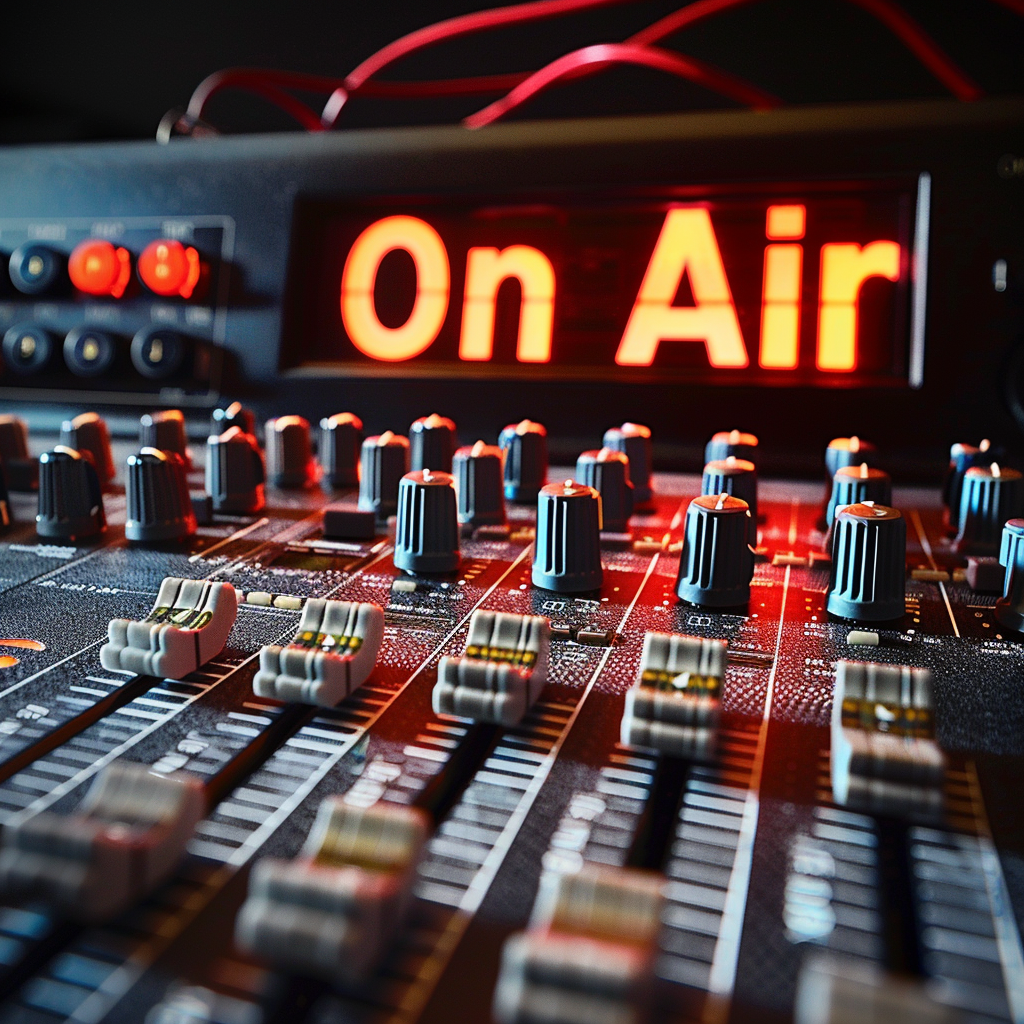The email was a small spark of hope: “We love your track and plan to play it during next week’s show!” It felt like a breakthrough—finally, a station recognized your music. You told your friends, checked the schedule, and even planned to tune in.
But when the moment came, there was… nothing. You listened, scanned their website, and refreshed every playlist they shared. Did it get played? Was it rescheduled? Or worse—forgotten?
Now you’re stuck in a feedback loop of doubt: “Was I lied to? Am I being too cynical? Or am I just… invisible?”
The Indie Artist’s Airplay Struggle
Radio promises exposure, credibility, and connection. For unsigned artists, it’s one of the few spaces where your music can reach new ears without a massive ad budget. But promises don’t always translate into reality.
Unlike streams or social stats, radio airplay exists in a gray zone of trust. Without access to the same data major labels enjoy, independent musicians are left wondering if their hard work ever translated into airtime—or if their track was simply forgotten amid the chaos of programming.
Why It’s So Hard to Know
- Programming is Fluid
Radio segments are dynamic. Even if a DJ genuinely loves your song, it can get bumped by a sponsor’s request or a trending hit. “It’s not personal,” they might say—but for you, it definitely feels that way. - Small Stations Lack Reporting Systems
Many community or college radio stations operate without the advanced tracking tools used by commercial stations. That means they may not have a record of when your track aired—or the time to manually let you know. - Radio Communication Gaps
DJs and station managers are swamped. They might have the best intentions, but follow-ups, confirmations, and playlist updates often fall by the wayside. - No Independent Airplay Database
Unlike Spotify or YouTube, which let you track performance directly, radio airplay doesn’t come with a neat dashboard—especially for smaller stations that cater to indie artists.
The Emotional Weight of Uncertainty
It’s not just about whether your song got airtime—it’s about what it represents. Radio spins are a form of validation, a sign that someone out there sees value in your art. When that validation is left hanging, it stings.
“Am I wasting my time? Is this even worth it?”
Every unanswered email and unconfirmed play chips away at your confidence. It’s easy to feel invisible when the system seems designed to overlook you.
How to Regain Control
Even though you can’t control what happens behind the station’s doors, there are strategies to help you stay proactive and informed.
1. Follow Up Tactfully
A polite, well-timed follow-up can jog their memory without coming off as pushy:
- “Hi [Name], I hope this finds you well! I just wanted to check if my song, [Song Title], aired during [Segment Name]. Thank you again for your support!” Short, professional, and respectful of their time.
2. Monitor Airplay with Tools
Services like Mediabase, SongTracker, or Radio Airplay Tracker can help identify when and where your song is played. While some tools have a cost, others offer budget-friendly plans for indie musicians.
3. Ask for Proof of Play
For smaller stations, don’t hesitate to ask for confirmation—but frame it in a way that aligns with their interests:
- “I’d love to share on social media that my song aired on your station. Could you let me know the time it played?” This shows you’re promoting them too, creating a mutually beneficial relationship.
4. Engage with DJs
Build personal connections with the people behind the playlists. Whether it’s through social media, attending their events, or sending thank-you notes, a genuine relationship increases the likelihood of follow-through.
5. Announce the Airplay Publicly
Claim the spin as if it’s happening no matter what:
- “Catch my track on [Station Name] tonight at [Time]! Thanks to [DJ Name] for the support!” This builds excitement and accountability—and might even nudge the station to prioritize your play.
Rethink the Role of Radio
Radio airplay might feel like a make-or-break milestone, but it’s just one part of a bigger puzzle. Instead of viewing each spin as a goal, see it as a stepping stone.
Even if the impact isn’t immediately visible, every moment your song is aired, heard, or even considered builds your reputation. Radio isn’t just about numbers—it’s about planting seeds for future opportunities.
Final Takeaway
Not knowing if your song got played can feel like a slap in the face, but it’s also a reminder to focus on what you can control: your music, your outreach, and your resilience.
Every artist faces moments of doubt—what sets you apart is your ability to keep pushing forward. Whether or not your song hit the airwaves this time, your journey is far from over.
Because your music doesn’t just live in broadcasts—it lives in every note you create and every connection you spark. Keep going. Someone’s listening—even if you don’t know it yet.
